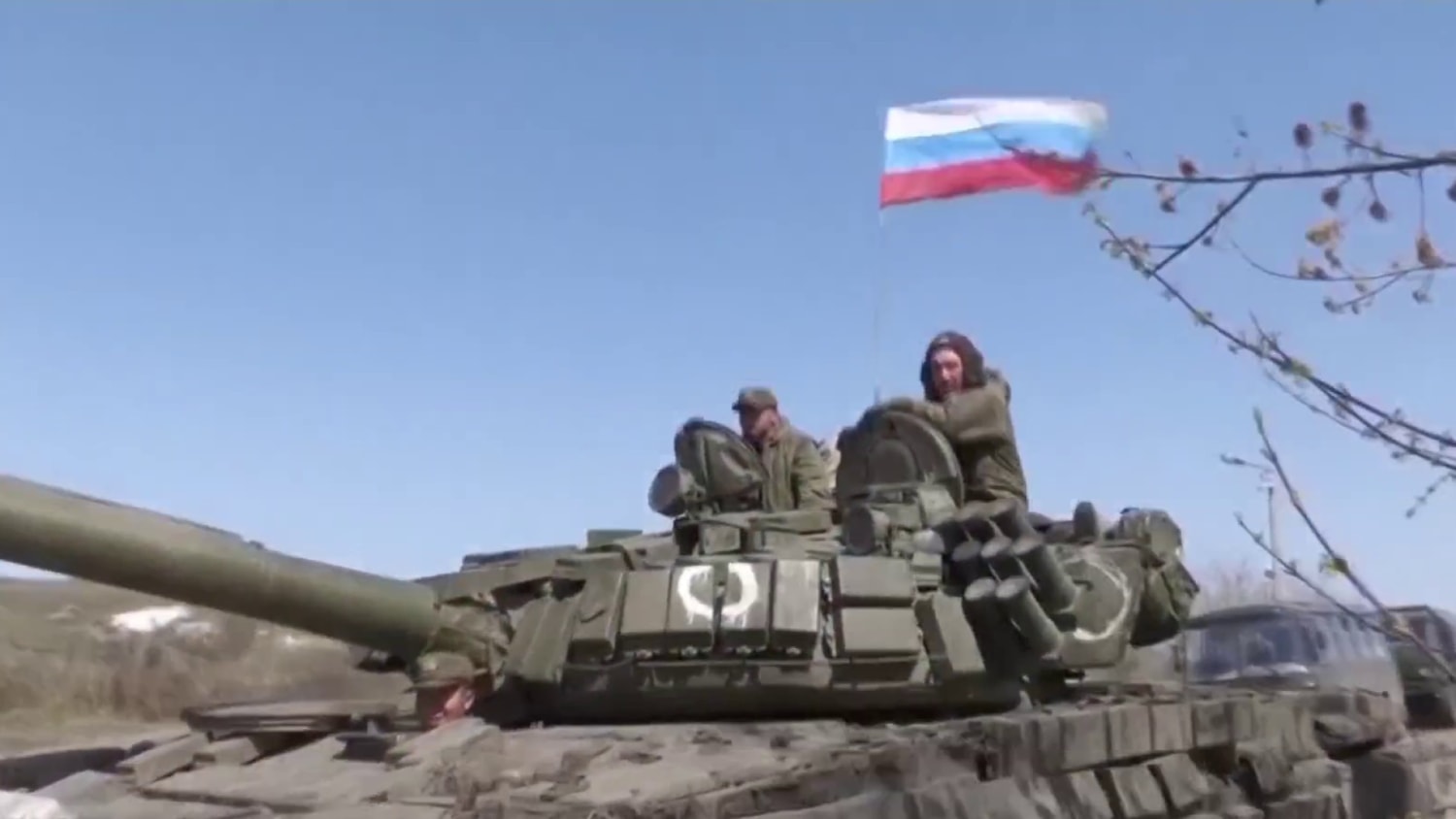The former president of Russia has issued a stark warning to international adversaries following Moscow’s recent decision to abandon a key nuclear arms control agreement. This move signals a significant shift in global security dynamics, reflecting heightened tensions and a departure from longstanding arms control frameworks established during the Cold War and post-Cold War eras.
El acuerdo en discusión, ampliamente considerado un pilar de la estabilidad nuclear entre las principales potencias, había impuesto restricciones sobre el despliegue y desarrollo de ciertas categorías de armas nucleares. Su suspensión y eventual finalización representan una escalada crítica en la carrera armamentista, generando inquietudes entre los líderes mundiales sobre la posibilidad de una renovada rivalidad estratégica y la reducción de canales para el diálogo diplomático.
In his statement, the former Russian leader emphasized that the Kremlin’s withdrawal reflects a “new reality” in international relations, one characterized by a recalibration of military doctrines and geopolitical priorities. He framed this shift as a response to perceived threats and provocations from rival nations, asserting that Russia must adapt to an evolving security environment to safeguard its national interests.
This statement has highlighted the wider setting of worsening relationships between Russia and Western nations, characterized by mutual allegations of treaty breaches, increases in military presence, and economic penalties. The breakdown of arms control treaties not only weakens years of attempts to mitigate nuclear dangers but also raises doubts about future conflict avoidance strategies.
Experts warn that without robust arms control frameworks, the risk of miscalculations, misunderstandings, and escalation rises significantly. The absence of transparent verification measures may encourage unchecked development of advanced weapons systems, including hypersonic missiles and tactical nuclear arms, complicating crisis management.
The choice made by the Kremlin demonstrates Moscow’s strategic assessment in the face of intricate security issues, such as NATO’s expansion to the east and evolving partnerships in Eastern Europe and further afield. Russian authorities have expressed worries regarding the treaty’s applicability and equity, contending that it limits their defensive potential while opponents develop technologies not covered by it.
The international community has responded with a mix of condemnation and calls for renewed dialogue. Diplomatic efforts are underway to prevent further unraveling of arms control architecture, with some nations advocating for inclusive negotiations that address emerging threats and new weapon categories.
In the meantime, defense experts are keeping a close watch on Russia’s military stance and advancements in technology, evaluating the consequences for both regional and worldwide stability. The potential for a more challenging security situation has led to debates on strategies for deterrence, the modernization of weaponry, and the part played by multilateral organizations.
This evolving scenario underscores the fragile nature of global arms control in an era marked by geopolitical rivalry and technological innovation. The former Russian president’s remarks highlight how leadership rhetoric can influence perceptions and potentially shape the trajectory of international security.
As the world navigates this “new reality,” stakeholders face the challenge of balancing national security interests with the urgent need to prevent nuclear escalation. Strengthening communication channels, rebuilding trust, and pursuing arms control adaptations suited to contemporary challenges will be critical to maintaining strategic stability.
The breakdown of this nuclear treaty serves as a reminder of the interconnectedness of diplomacy, military policy, and international law in managing weapons of mass destruction. It also raises questions about the future of global nonproliferation efforts and the capacity of existing institutions to address emerging risks.
In the next few months, the spotlight will be on how Russia’s withdrawal from the agreement influences reactions or sparks fresh efforts to decrease conflicts. The circumstances demand balanced reactions and active participation to prevent unforeseen results that might further destabilize an already delicate security environment.
The statements from Russia’s former president and the Kremlin’s policy shift mark a pivotal moment in nuclear arms control history. How the international community responds will play a decisive role in shaping the prospects for peace and security in a rapidly changing world order.

